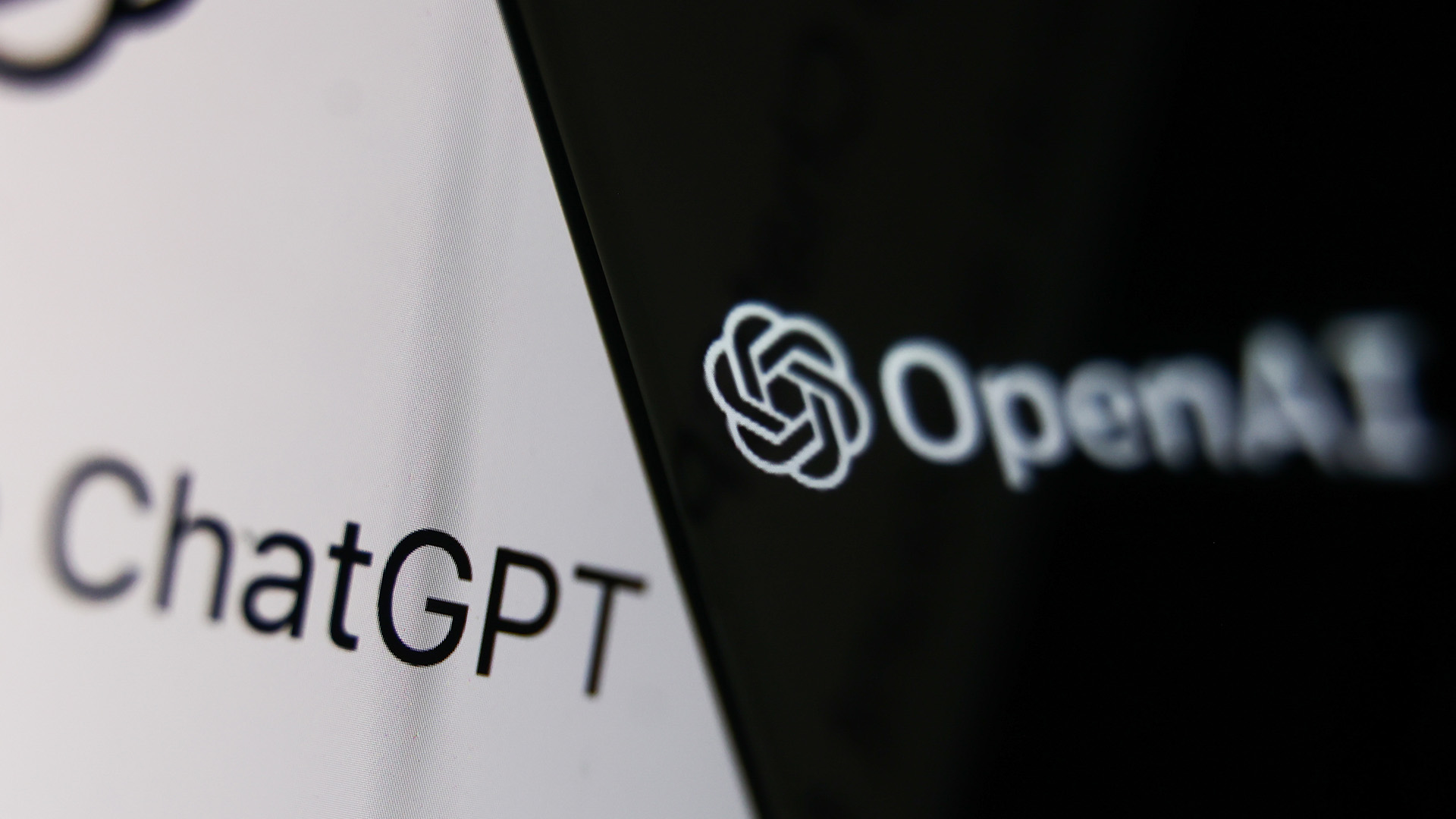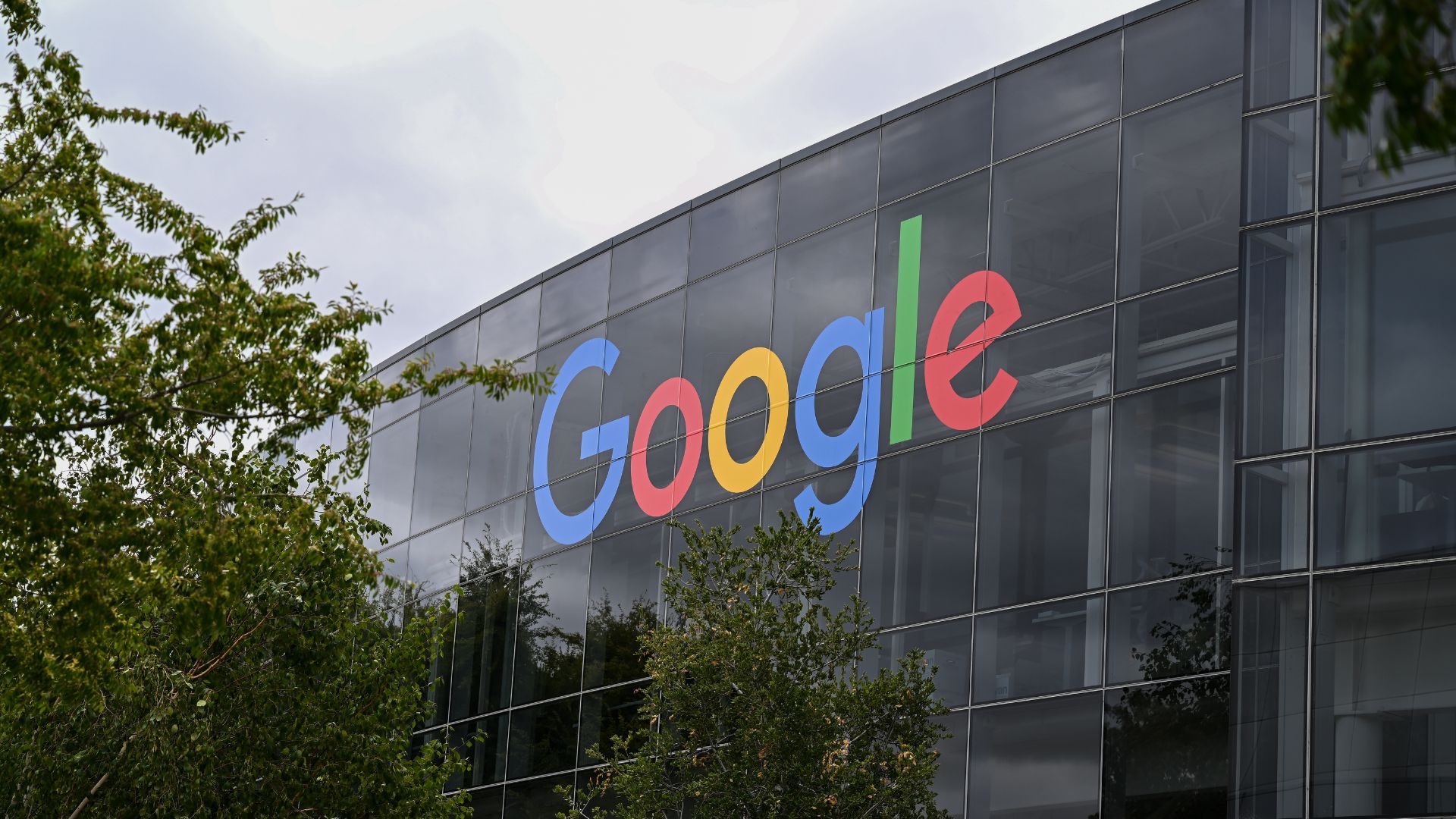Chegg, an American educational company, has accused Google of disincentivising original content “in favor of low-quality, unverified AI summaries”—a recent technology that scrapes information from websites and gives it to the user without having to click into a page.
In a lawsuit filed on Monday (via Reuters) Chegg argues Google’s AI overview will lead to a “hollowed-out information ecosystem of little use and unworthy of trust”. This announcement coincides with Chegg’s declaration of its full-year financial results for 2024, which it put out to the public via a press release.
In that press release, Chegg CEO Nathan Schultz starts with two central announcements on behalf of the company. The first is that Chegg is currently exploring a “range of alternatives to maximize shareholder value, including being acquired, undertaking a go-private transaction, or remaining as a public standalone company”. The second is the filing of its complaint against Google and its parent company Alphabet Inc.
Schultz argues these two decisions are directly linked as he alleges Google “has unjustly retained traffic that has historically come to Chegg, impacting our acquisitions, revenue and employees”.
Google officially unveiled its AI overview search system in April last year, and it has already rolled out to over 100 countries since. If you use Google and haven’t chosen to actively turn AI summaries off, there’s a good chance you have used it today. Google itself has invested significantly into AI over the last few years and even launched Google Gemini, a competitor to OpenAI’s ChatGPT, back in 2023.
Google’s AI overview links out to sources it takes information from, but the case argues:
“Traffic is being blocked from ever coming to Chegg because of Google’s AIO and their use of Chegg’s content to keep visitors on their own platform”.

What is artificial general intelligence?: We dive into the lingo of AI and what the terms actually mean.
As some users may not be given a reason to click on the page that Google’s AI summary is reliant on, this case argues that AI summaries are effectively taking Chegg’s traffic as its own. Schultz argues it’s about much more than Chegg and that it’s “about the digital publishing industry, the future of internet search, and about students losing access to quality, step-by-step learning in favor of low-quality, unverified AI summaries”.
In response to this complaint, Reuters reports Jose Castenada, a Google spokesperson, is critical of the suit’s argumentation: “With AI Overviews, people find Search more helpful and use it more, creating new opportunities for content to be discovered. Every day, Google sends billions of clicks to sites across the web, and AI Overviews send traffic to a greater diversity of sites.”
This is one of many antitrust lawsuits brought against Google over the last few years, with U.S. District Judge Amit Mehta, who previously argued Google runs an illegal monopoly with Chrome last year, overseeing Chegg’s case. Google has reportedly attempted to appeal the decision and is looking to have the case dismissed entirely.











